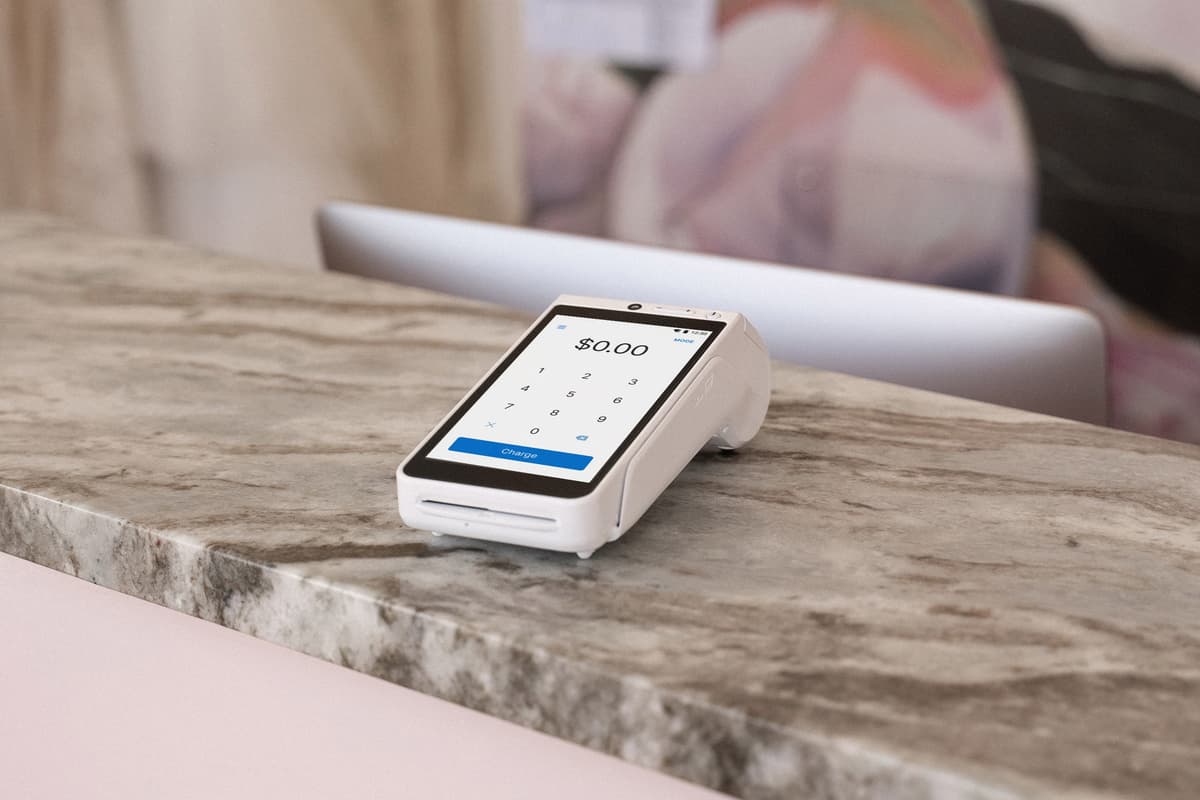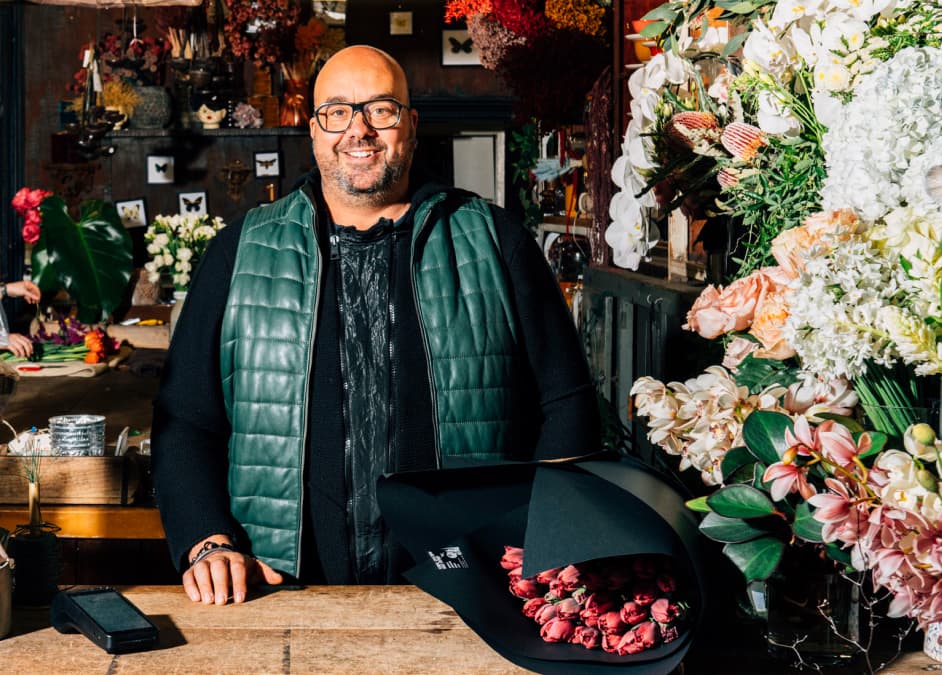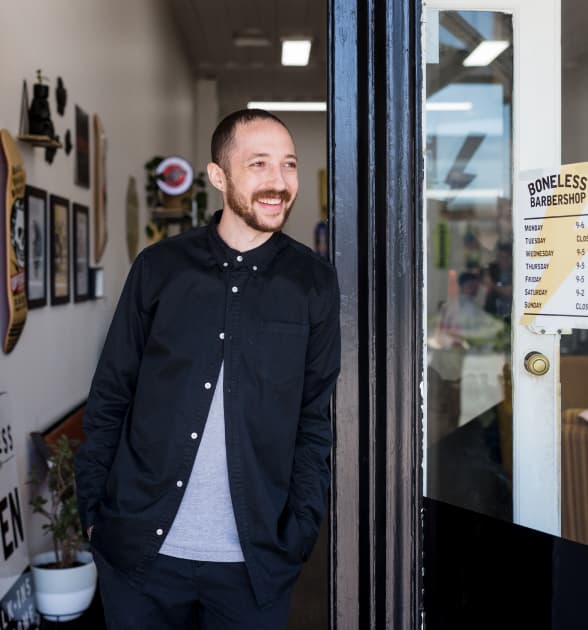
- Case Studies
Navigating the Post-Lockdown Wedding Boom with White Lily
It's not quite business as usual for those in the bridal industry.
It’s been a tumultuous few years for weddings. After a pandemic-imposed pause, there is a backlog of brides-to-be eager to get their plans back on track. And the most important item on the to-do list? The dress.
Yet challenges continue to plague the wedding industry. That pent-up demand is colliding with supply chain interruptions, rising costs and critical labour shortages, forcing bridal business owners to once more adapt to “unprecedented times”.
After navigating his way through countless lockdowns, Quinton Evans – owner of White Lily Couture, a bridal boutique in Queensland’s Red Hill – is working hard to overcome these new challenges. We sat down with Quinton to talk about the changes he’s observed, switching from the big-4 banks, and making mental health a priority.
Tell us how you got into the bridal industry.
My wife and I took over the business in 2013 — the previous owner had been running it since 2007. We realised we were sick of working for other people. She had been working for another retail business, and turned around their stores. One ended up being a million-dollar sales business, and another became the most profitable store in the state. I was a wedding photographer, so we figured we’d either run a florist or a bridal store.
As first-time business owners, we were a little naive. The old business owner stayed with us for the first month, and at the time we thought we might have made a bad investment. Since then, there’s been a lot of sweat, hard work and learning. It’s been almost 9 years now, and we’re absolutely smashing it out of the park.



How has COVID-19 affected the wedding industry?
At the end of March 2020, we were really stressing. Appointments started to drop off, and once the lockdown was imposed we didn’t have a choice. We didn’t know what to do. We worked out how long we could operate and continue paying staff in full, and when the money would run out. JobKeeper was a real blessing, and an annoyance.
The store was closed in April 2020, but we were able to reopen in May and within the first week our appointments were fully booked out. We have friends who own a bridal store in Sydney who were locked down for far longer, so we helped out by getting stock in as they were still able to run virtual appointments.
What’s the biggest challenge you’re facing right now?
It’s getting harder now with supply and recommended retail prices – literally everything is going up. A prime example is a company with its one factory in China. They get the base made at the factory, then it’s shipped over to Spain where all of the lace is sewed on. Then it’s got to be shipped back to the factory in China for final checks before it’s transported to the container hub, put on a ship, and sent over here to Australia.
There are a number of things that could go wrong in that whole process before it gets to our door.
Why did you switch from the big-4 banks?
We’ve previously been with two of the big-4 banks. For a time, a relationship advisor was helping us to get all our accounts in order. They treat you like kings, and try selling you on insurance products, EFTPOS terminals, all of that. Any time I had a question about the weird, confusing stuff banks often come up with, I could ring him up and get an answer quickly. Then we were dropped.
When we needed to contact them, we’d typically get put on hold for a couple of hours. It’s the same for any organisation — they get too big, they don’t care about the customer.
How has the Zeller experience been different?
When I first saw Zeller Terminal, it looked absolutely ideal. It was one of those things, thinking:
"How can we use our cash smarter?"
We did the calculations, and it works out that we’re saving $10,500 in fees by switching to Zeller. Firstly, that’s fantastic. Secondly, are you kidding me? And now, we accept AMEX too. We couldn’t with our old terminal, because with a 3 per cent fee it wasn’t practical. Zeller’s flat rate is just better.
What advice would you give a first time business owner?
Take time to look after your own mental health. Really make that a priority, because when it gets to the point where you’re needing it to be a priority, it’s too hard to go backwards. It’s hard to put those things in place when you’re working all the time.
Customers are important, but there’s no business without yourself.
Do something for yourself — book a time, make it part of your weekly routine. By the time you get to the point where you’re stressed out of your mind, and you’ve got nothing for yourself, it’s too late.



